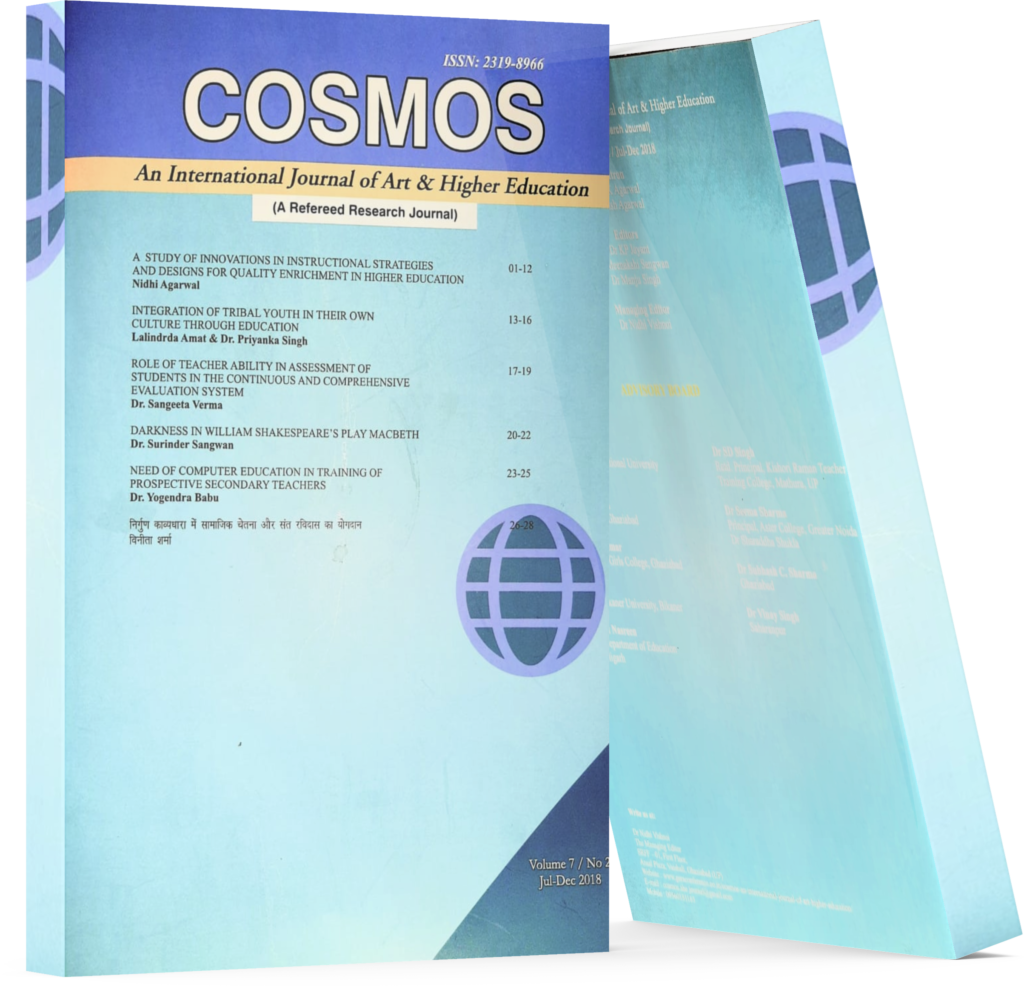Moral Luck And Indian Fiction
Keywords:
Moral Luck, Indian Fiction, LiteratureAbstract
A term coined by philosopher Bernard Williams, "moral luck" refers to the influence of chance or outside circumstances in judging the morality of a course of action or a person's moral character. By emphasising the impact of factors beyond of an individual's control, it undermines the idea of moral responsibility. Indian authors can examine the complexity of identity and ethics via the fascinating lens of moral luck in the context of Indian fiction. Given the diverse cultural, religious, and social terrain of the Indian subcontinent, identity is a major issue in Indian literature. Indian authors frequently address issues of personal and societal identity, exploring how it is influenced by things like caste, religion, gender, language, and regional ties. These authors explore the complex relationships between identity and the moral decisions people make by incorporating the idea of moral luck.
Downloads
References
Kar, Angshuman (2017). Post-9/11 Indian English Diaspora Fiction: Contexts and Concerns, Asiatic. 11(1), 43-56.
Otsuka, M. (1998). Incompatibilism and the avoidability of blame. Ethics, 108(4), 685-701.
Otsuka, M. (2009). Moral luck: Optional, not brute. Philosophical Perspectives, 23(1), 373-388.
Hartman, R.J. (2019). Moral luck and the unfairness of morality. Philos Stud, 176, 3179-3197.
https://doi.org/10.1007/s11098-018-1169- 5
Parker, R. (1984). Blame, punishment, and the role of result. American Philosophical Quarterly, 21(3), 269-276.
Amat, Lalindrda and Singh, Dr. Priyanka (2018). Integration of Tribal Youth in Their Own Culture Through Education. Cosmos An International Journal of Art & Higher Education, 7(2), 13-16.
Kumari, Anshu (2016). A Study on The Social Construction of Intelligence and Academic Ability. Globus Journal of Progressive Education, 6(1), 1-3.

